Profiles
Team Performance Indicator
Using the Team Performance Indicator alongside Insights Discovery helps to unearth issues that are blocking progress and clears the path for better ways of working

Performance
Measure team performance
- Measure 16 crucial areas for high-performing teams
-
Benchmark team performance and map ROI
- Use the results to plan team development programmes
- Repeat the diagnostic to track progress over time

Unearth the issues
The Team Performance Indicator is an anonymous survey that provides quantitative data on your team’s performance, showing where there is agreement around particular strengths and weaknesses, and where opinions differ.
Scroll down to give our team performance indicator a go through our interactive survey.
The Team Performance Indicator Journey
Take a
Look inside
To learn more about the team performance indicator, download this sample document.


